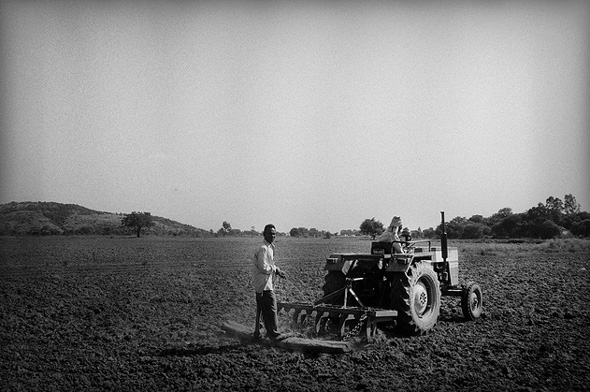The original version of this article, by Lakis Polycarpou, appeared on State of the Planet.
Over the past decade, average global food prices have more than doubled, with 2008 and 2010 seeing excruciating price spikes that each had far-reaching economic, geopolitical, and social consequences.
What explains this long-term trend – and why did prices spike so much higher in the years that they did?
For policymakers at all levels, answering that question is of vital importance if there is to be any hope of feeding the world’s growing population in the coming decades, much less maintaining social order.
According to recent research by the New England Complex Systems Institute, spikes in food prices are so closely correlated with social unrest that they were able to identify a particular food-price threshold above which food riots are very likely.
The most obvious cause for high food prices is oil – in fact, charts showing the correspondence between food and oil prices show an eerie overlap, especially in the last half decade. Water scarcity and climate are major players as well, however. According to the just released United Nations World Water Development Report, demand for water will grow by 55 percent in the next 40 years, and farmers will need 19 percent more water by 2050 just to keep up with growing food demands.
Continue reading on State of the Planet.
Sources: Nature, New England Complex Systems Institute, UNESCO.
Photo Credit: “Farmers work on the arid land in Hertela village few kilometers from Mahoba in Bundelkhand, India on September 26, 2008.” Courtesy of flickr user balazsgardi.

 A Publication of the Stimson Center.
A Publication of the Stimson Center.




